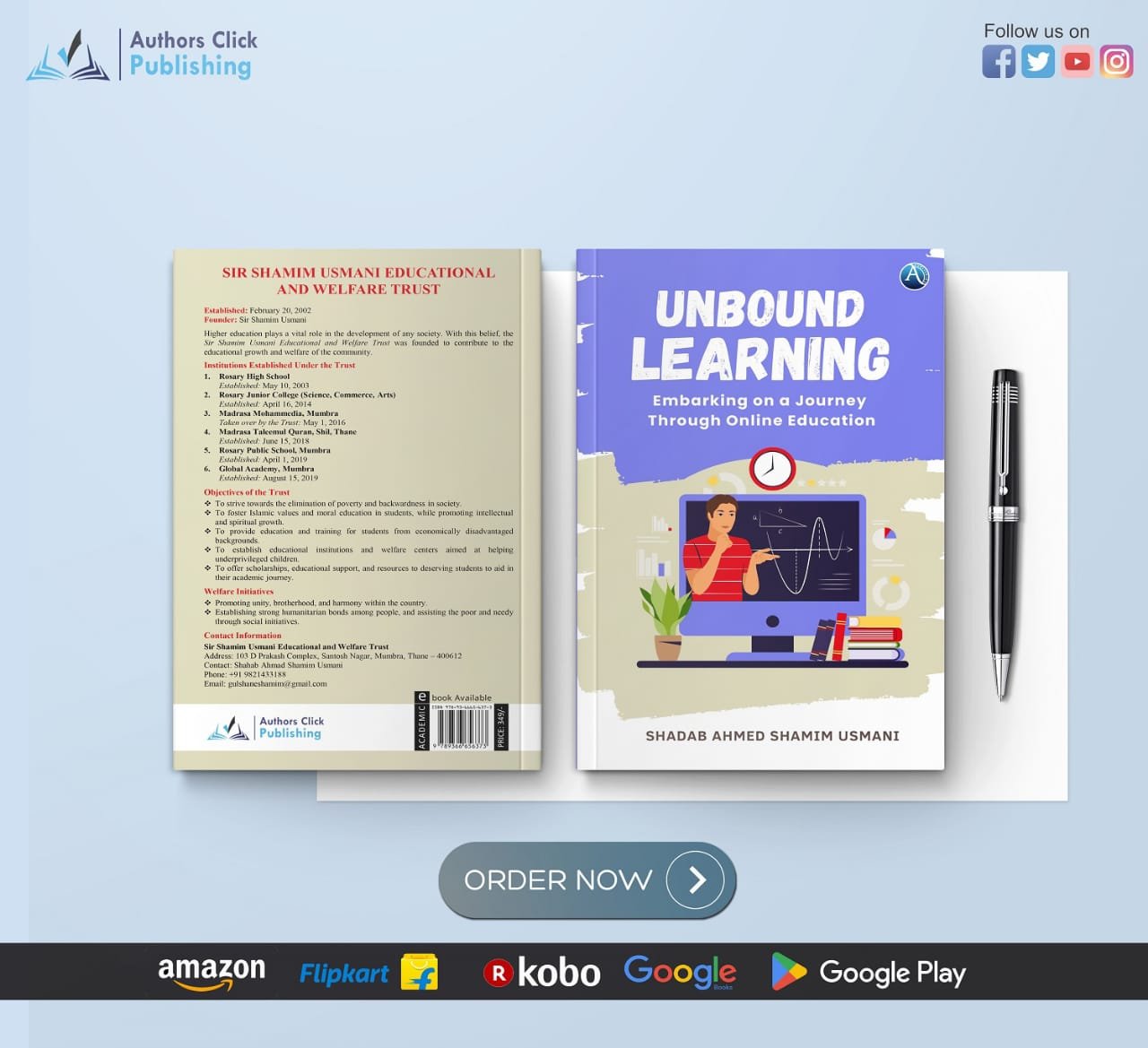New Delhi, October 1, 2024 — The Supreme Court, during its hearing on the petition filed by Jamiat Ulama-i-Hind against the North Delhi Municipal Corporation (Writ Petition Civil No. 295/2022 and related matters), reiterated that demolishing houses as a form of punishment is not permissible under the law. The court also indicated that nationwide guidelines for such actions will soon be established, ensuring equal treatment for all communities.
Court Emphasizes Secularism, Condemns Targeting of Any Religion
The hearing took place before a bench comprising Justice B.R. Gavai and Justice K.V. Viswanathan. The bench emphasized that India is a secular country, and no religious group should be singled out for targeted demolition actions. This remark came in response to concerns raised regarding bulldozer actions in states like Gujarat and Assam. The court made it clear that individual incidents would be considered, but the priority remains the development of pan-India guidelines.
Jamiat Ulama-i-Hind: Bulldozers Represent Injustice
Jamiat Ulema-e-Hind President Maulana Mahmood Asad Madani pointed out the disturbing trend where bulldozers are being used as a symbol of oppression, particularly targeting Muslims. He expressed concern that communal forces are identifying mosques and other places of worship for demolition, and local authorities are swiftly executing these actions. Several such instances have caused deep distress among the community. Madani voiced hope that the Supreme Court’s guidelines would offer a fair and just framework for all.
Key Proposals from Jamiat Ulama-i-Hind
The Jamiat Ulama-e-Hind, through its legal representatives, presented several key proposals for the guidelines:
- A 60-day notice period before any demolition action, issued in the local language with clear reasons provided.
- The affected individual should have the right to appeal within 15 days.
- No demolition should take place until the appeal is decided.
- In case of violation, officials should face penalties, and compensation should be granted to the victims.
Supreme Court’s Observations and Next Steps
The Supreme Court maintained its interim stay on demolitions and assured that the final guidelines, when issued, would apply uniformly across the country. Justice Gavai emphasized that merely being accused or convicted in a criminal case is not a valid ground for demolishing someone’s property.
Solicitor General of India, Tushar Mehta, representing states like Uttar Pradesh, Madhya Pradesh, and Gujarat, agreed that criminal involvement should not lead to automatic demolition. However, he raised concerns over the court’s September 17 demolition ban, arguing that it was obstructing the removal of illegal encroachments.





